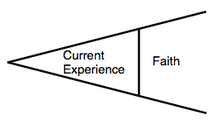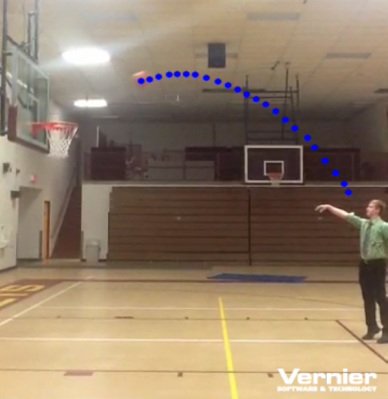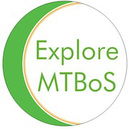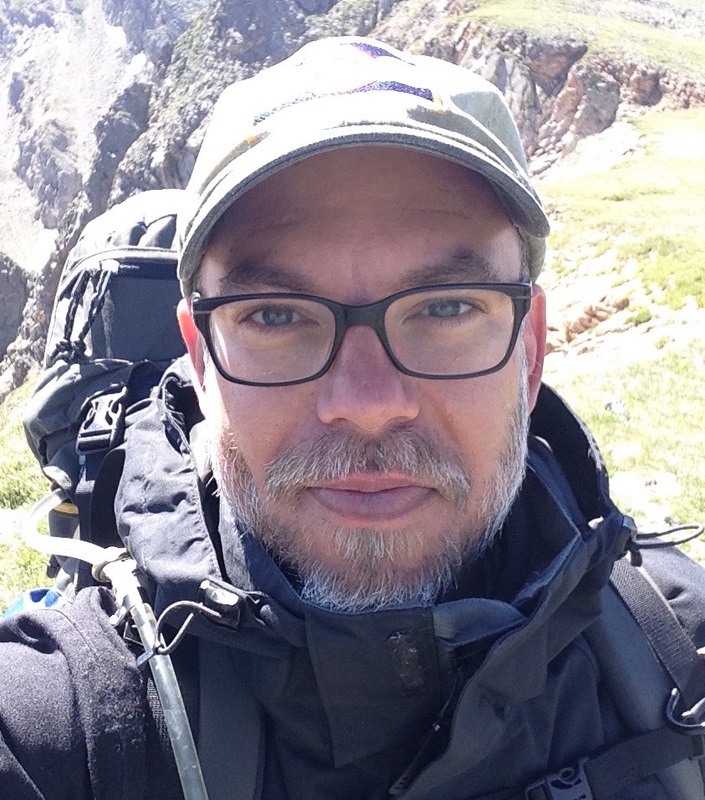Likewise, faith is future oriented while belief bases itself on our experiences. Faith is always on the front edge of our current experiences. Once we experience something, that event moves towards our beliefs. Granted, we must intellectually and emotionally process what just happened in order to appropriate the experience. I don't need faith to believe in things God has already done in my life. I don't need faith to believe the Lord will provide for me; that's happened so many times it's moved into belief. My belief expands when my circumstances surrounding my need to trust go beyond what God has already done; then it requires faith to trust. As our experiences grow to meet our faith, our faith continues moving into deeper trust in the nature of God.
|
In preparation to move onto another journal I reread some of my old entries. The entry from last September reflecting on Graham Cooke's Language of Promise got me thinking about how faith and belief are a lot like probability and relative frequency. Probability is always future oriented; you attempt to discover the likelihood an event will happen. Relative frequency is always past oriented; based on past events we determine what has already happened. Relative frequency informs probability and, given enough events, approaches the ideal found in probability.
Likewise, faith is future oriented while belief bases itself on our experiences. Faith is always on the front edge of our current experiences. Once we experience something, that event moves towards our beliefs. Granted, we must intellectually and emotionally process what just happened in order to appropriate the experience. I don't need faith to believe in things God has already done in my life. I don't need faith to believe the Lord will provide for me; that's happened so many times it's moved into belief. My belief expands when my circumstances surrounding my need to trust go beyond what God has already done; then it requires faith to trust. As our experiences grow to meet our faith, our faith continues moving into deeper trust in the nature of God.
0 Comments
It's that time of year: quadratic equations. When I think of all the things I could do--so many options and so many constraints on my time--it's a little frustrating. In the past, when I've tried integrating one-to-one technology (computer lab, laptops, and even classroom sets of iPads), it's often more frustrating; technology takes forever. The amount of time it takes to get all students logged in and on task takes easily twice as long as doing the task by hand. Come to think of it, I don't think I've ever had all the students logged in at the same time in a math class.
I've decided to bypass the student use of technology in favor of using technology to help set up the story. My goal is to get students to begin asking questions of a situation. Does he make it? Can you describe the path of the ball using math? What's the height of his release point? I took the above video using Vernier Video Physics app ($2). The application has an intuitive layout which allowed me to set known distances and trace the path of the ball through stepping the video. I was then able to import the data into Vernier Graphical Analysis app ($5). It has all sorts of abilities but the only reason I spent my $5 was to get the actual data from the Video app. I want students to look at the actual data points and practice fitting models to the data. After importing the information, I was able to view it in table form and even export it as a CSV file which Excel can read. Not bad for a total of $7. I think I'll be able to get the time down to under 15 minutes to set up a situation. I think ccssmath.org may possibly be the perfect Math website. It links the CCSS (Common Core State Standards) for k-12 math to relevant online content--distilling the hundreds of math webpages I've looked through and pulling the best. This blows the Online Math Textbook idea we were kicking around earlier this month out of the water. Why create yet another website and put in weeks of work when you have this?
I'm interested in pairing some of the information with IXL.com for practice problems. Khan academy is alright, but IXL links their problems to the CCSS which makes searching for them that much easier to find. Granted, I can't keep track of a class for free like I can through Khan but at least the homework covers exactly what we've been working on that day. Time to change my math classes... again. I spend several hours a week looking for engaging math examples to use in my classroom--some incorporate technology, some don't. However, many of the things I pull don't make it into my lessons. Often I will find something that works for an idea we covered last month or an application which would be brilliant next semester. Sadly, when next semester (or next year) rolls around, I've forgotten it completely.
Enter a conversation I've had this past week with some other math teachers from around the country. One of them wants to create an online textbook for Algebra 1. I'm in ... kind of. I think it would be extremely helpful to have rich examples and online content linked to the Common Core Standards. I don't know how helpful it would be to include teaching content. I asked my colleague (for those of you who don't know, our math department for middle and high school consists of two people) what she thought. She gave some sage advice: "I think linked content to the Standards would be useful to every math teacher. Creating a textbook with a handful of other teachers is probably biting off more than you can chew." After discussing it until long after the kids went home on Friday afternoon, I agree. Re-inventing the wheel is not what I want. Improving the design of the wheel and making it more effective? Yes, please. Once the project gets off the ground I'll post some updates about how things are shaping up. I had several conversations lately centering on belief and theology. They were wonderful and troubling all at the same time. It's so easy to discuss finer points of the faith without regard to the implications for everyday life. (I'll spare you the details of the conversations.) I was reminded of the quote below by Timothy Keller.
"If we say 'I believe in Jesus' but it doesn't affect the way we live, the answer is not that now we need to add hard work to our faith so much as that we haven't truly understood or believed in Jesus at all" (Prodigal God, p124). Unless theology actually affects our lives and the way we live, then we obviously don't believe it. We may say we do. We may even want to. But the way we live our lives reveals our true belief structure; we deceive ourselves. I want all sorts of things to be true about me. I say I value all kinds of different concepts and ideals but unless they actually work themselves into my life they are only ever ideals and not the reality of how I live my life. At this point it would be very easy to point fingers at various people but we're all guilty of playing the hypocrite. It's the one thing all humans do well. That's were community comes in: friends, spouses, children, even the person you only talk to Sunday mornings while eating cookies. God gives us each other, in part, to speak truth into each other's lives. I rationalize all sorts of behaviors and actions. Often I have no clue I'm even drifting (If I knew I was self-deceived... then I wouldn't be deceived). God places brothers and sisters in Christ into our lives to speak truth to us, even when it hurts, and expects us to have knee-jerk reactions of self-reflection and mutual submission rather than defensiveness and aggression. |
Andrew Busch
I teach Math at Ralston Valley High School in Arvada, CO. Categories
All
Archives
March 2019
|




 RSS Feed
RSS Feed



